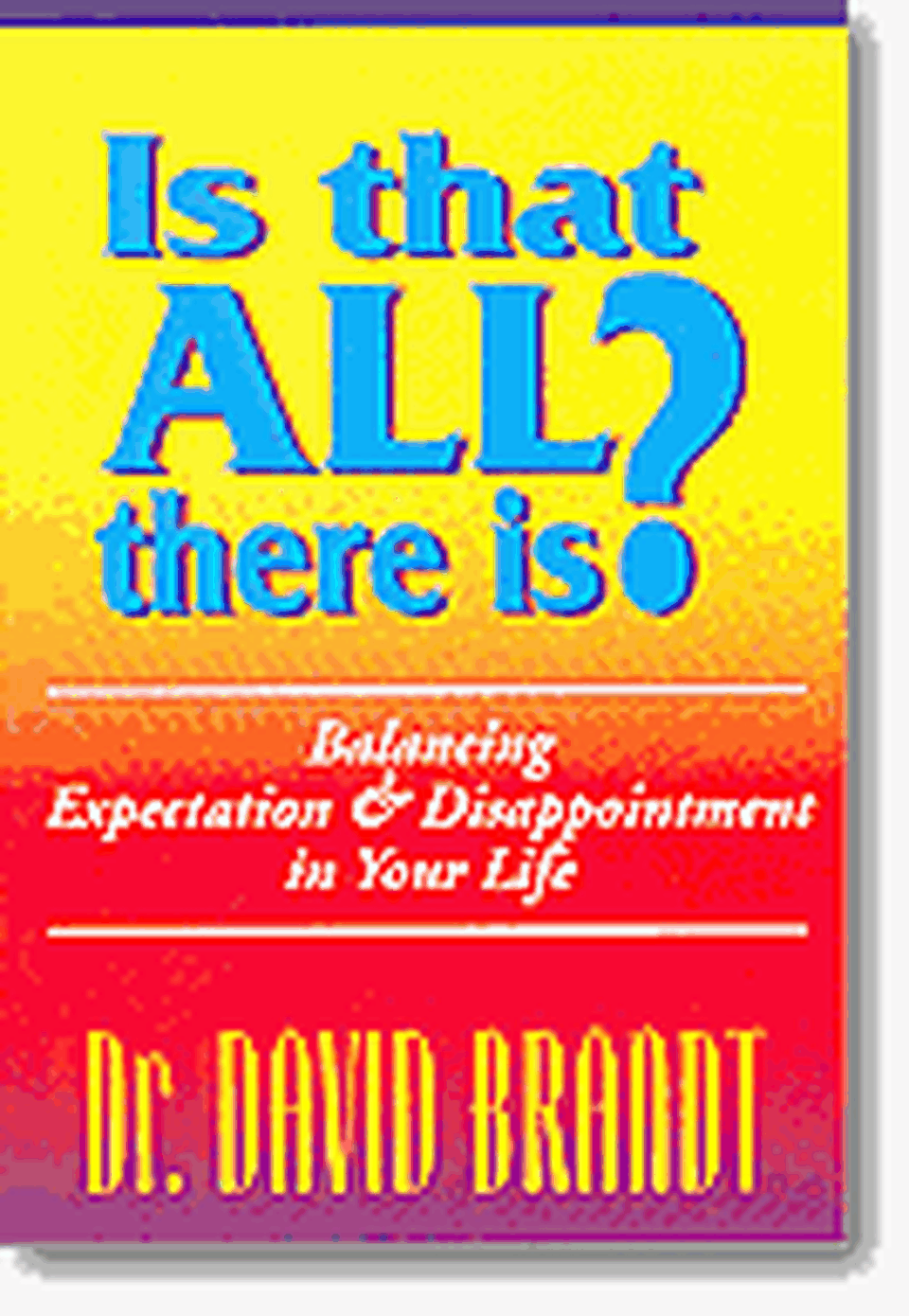Develop the trait of expectation

Example: One patient is given medication for an illness. Another takes a sugar pill, assuming it to be a potent drug. Both recover with equal speed. The expectation that the sugar pill will be therapeutic produces the cure. Indeed, placebos are acknowledged to be effective in 20-40% of medical cases.
Example: A young woman decided she would only date - and marry - a man as fine as her father. Soon she had idolized her father to the point that no one measured up to her expectations. She sought a perfection that wasn't there, and ended up never dating anyone. Her life was a daily disappointment.
Principles of expectation:
- Maintain a flexible attitude. Be prepared to change when circumstances indicate they're unlikely to be met. Don't invest too heavily in any one outcome.
- Keep your perspective. Approach expectations without reverence or attachment. Expectations are nothing more than wish and anticipation.
- Be prepared to change. A key to reducing disappointment is a willingness to give up what you want when you can't get it. Example: If you have the expectation of purchasing a huge house but can afford only a starter home, you need to change your expectations or you will hate every day in the home that you can afford.
- Reduce your investment. Some people overly invest in their expectations. In a culture where so many have so much, we take our wants very seriously and precisely. If we can't purchase the exact color and model we want, we pout. If the traffic doesn't move at exactly the right speed we want, we experience road rage. What you do in reality is a far better criterion of individual merit than what you expect.
- Trim down your expectations. You don't deserve everything you can think of and you rarely have relationships with people who completely meet your expectations. No one is that perfect - including you.
- Reduce the number of expectations. Realistic hopes become reality far sooner than a myriad of unreachable dreams. Choose your dreams carefully.
- Change the nature of your expectations. Chronically disappointed people not only fail to develop realistic expectations, they also put too much wish and too little assessment in what they anticipate will happen. Example: Americans spend billions of dollars each year to purchase lottery tickets with big payoffs. Someone's got to win, so why not me? is the conventional wisdom. But what are the chances of retiring early on lottery winnings? The odds of winning are so low that it should never become an investment strategy. Yet this type of expectation is behind many disappointments.
- Be realistic. Take the time to think about your expectations. Ask not only, Is it possible? but also, Is it possible in this particular situation?
- Expect some disappointment. No matter how judicious you may be, there will be some disappointment in your life. Often great growth and insight can occur during disappointing times - especially when you anticipate and decide to learn from them.
- Maintain hope. Hope is an outlook, a perspective on the future that cannot be destroyed by a single loss. Lifewishes may come and go but hope remains a statement that we believe in tomorrow. And for the Christian, tomorrow is the hope of salvation and eternity with the Father.
From Is That ALL There Is? by Dr. David Brandt, copyright 1984, 1998. Used by permission of Impact Publishers, Atascadero, Calif., 1-800-246-7228.
David Brandt, Ph.D., is a nationally known psychologist, speaker, and author of three books including Sacred Cows Make the Best Burgers. He is a former faculty member at the University of California San Francisco Medical School and the California School of Professional Psychology, and co-hosted Psychtalk, a popular San Francisco public radio program. He maintains a clinical practice and consults on change and leadership.
Originally published October 01, 2001.




